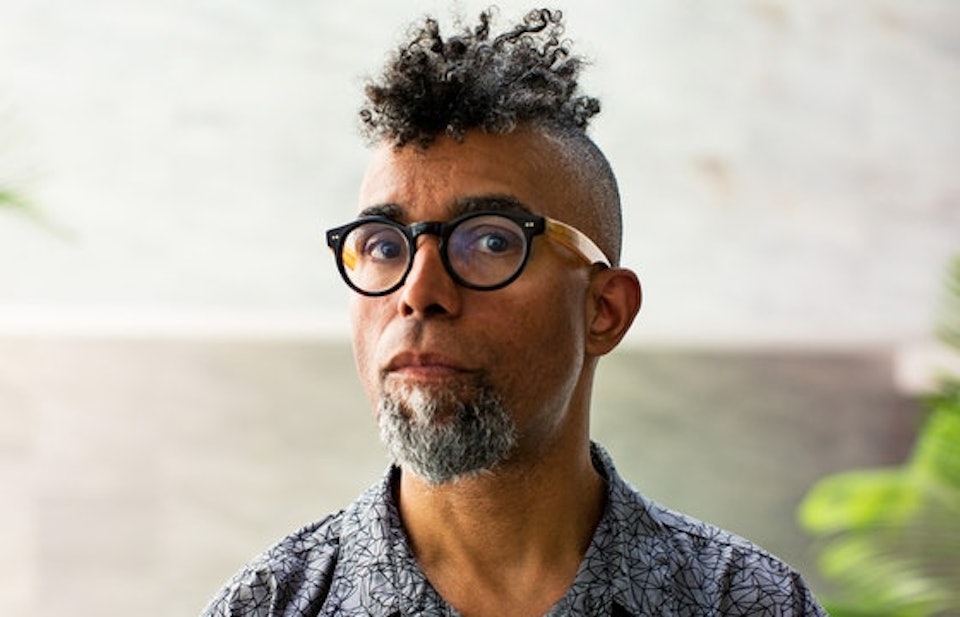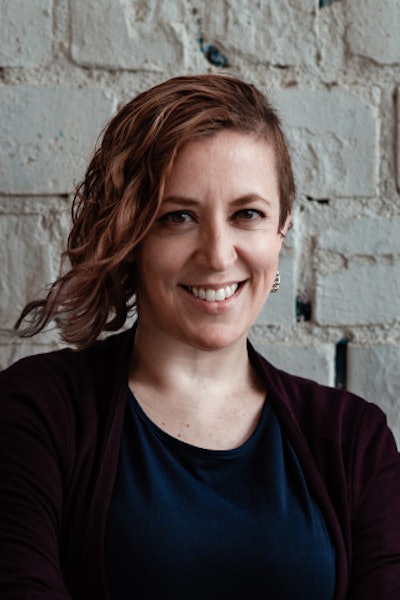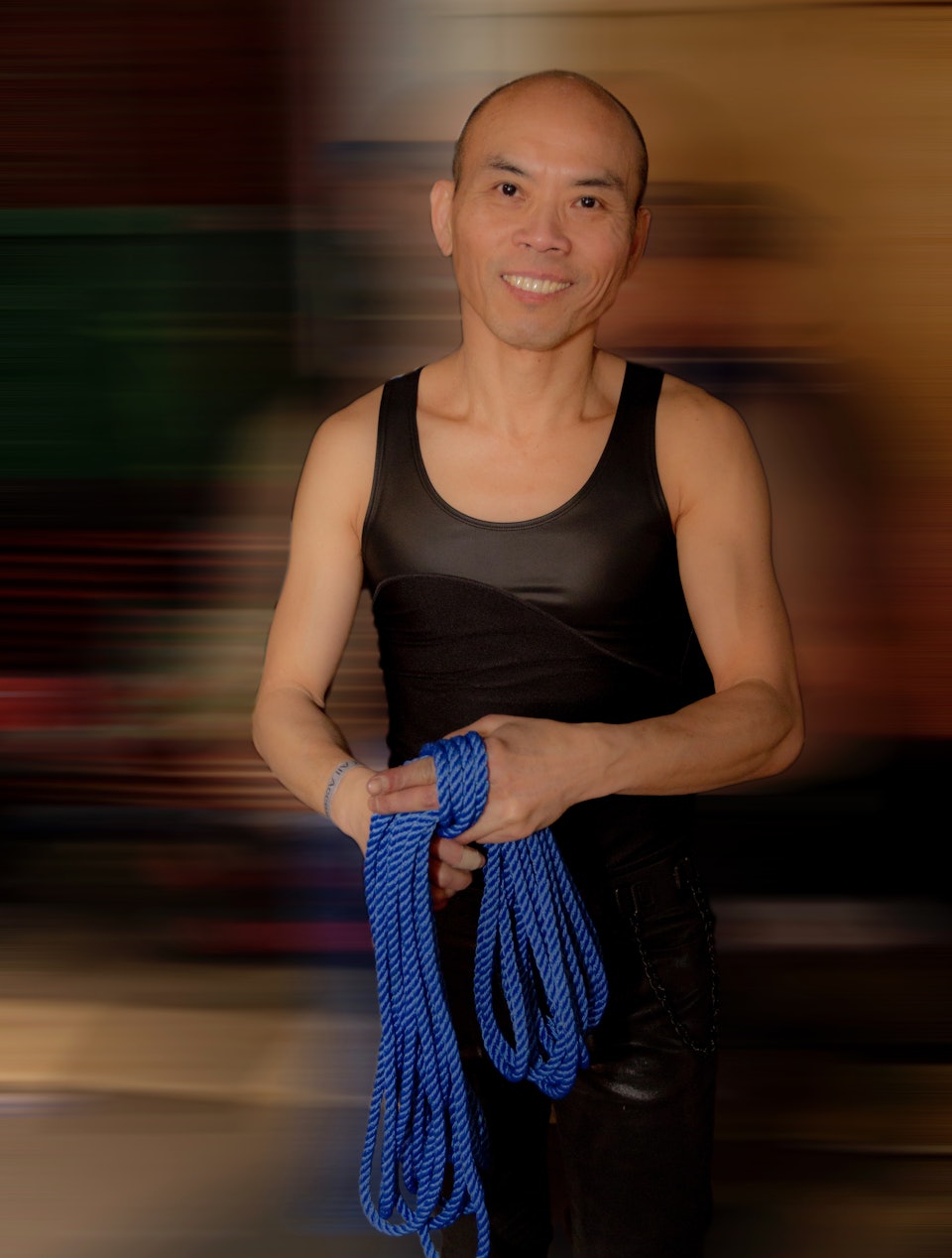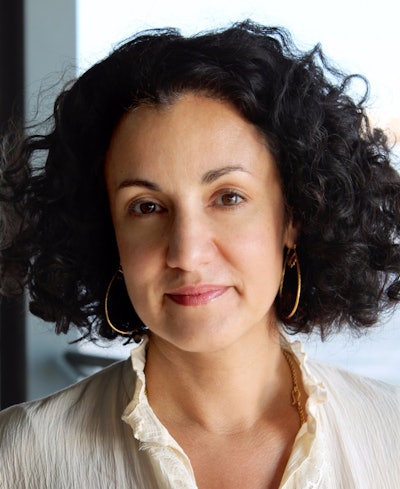Event
ARC @ RightsCon 2020
Virtual
Wednesday July 29, 11:15am EST
This event will take place online during RightsCon 2020
New digital technologies, including social media platforms, are transforming how artists publicly promote their work. However, platforms including Twitter, Facebook, Instagram, and YouTube, have recently been scrutinized for their content moderation guidelines. Censorship mechanisms based on “standards of behavior” are open for interpretation, specifically around “terrorism” and “nudity.” Women, queer or transgender artists have particularly been impacted by content controls, and campaigns such as the #FreetheNipple and #MissingVoices demand greater due process. Furthermore, some content that isn’t censored directly is instead down-ranked, and entire accounts can be shadow-banned, meaning that fewer people will see or discover their work. In these cases, users are not notified and have no opportunity to appeal.
For an artist, these online actions not only disrupt the flow of ideas but also curtail their creative freedom, and -- most prominently -- their ability to connect with their audience. When the key means of displaying their work is shut down, an artist’s ability to communicate is thwarted. This panel, organized by PEN America’s Artists at Risk Connection, Article 19, NCAC, and Freemuse, will feature artists and representatives from free expression organizations. The session can also provide space for artists to use their practice to express concerns about content moderation.
The session will also consider how to make the Santa Clara Principles (principles designed to improve transparency and accountability by platforms) specific to artist concerns and tactics for using the Principles to advocate for artists’ rights on social media.
Speakers

Dread Scott makes revolutionary art to propel history forward. He first received national attention in 1989 when his art became the center of controversy over its transgressive use of the American flag while he was a student at the School of the Art Institute of Chicago. President G.H.W. Bush called his art “disgraceful” and the entire U.S. Senate denounced and outlawed this work. Scott plays with fire—metaphorically and sometimes literally—as when he burned $171 on Wall Street and encouraged those with money to burn to add theirs to the pyre. His works can be hard-edged and poignant, working in a range of media including performance, photography, screen-printing, and video. Scott is a recipient of grants from the Creative Capital Foundation, the Open Society Institute, and the Pollock Krasner Foundation. He has been included in exhibitions at MoMA PS1, the Walker Art Center and the Whitney Museum of American Art. In 2012, the Brooklyn Academy of Music presented his performance Dread Scott: Decision as part of their 30th Anniversary Next Wave Festival. His work is in the collection of the Whitney Museum and the Brooklyn Museum, and has been featured on the cover of Artforum and the front page of NYTimes.com.

Jillian York is EFF's Director for International Freedom of Expression and is based in Berlin, Germany. Her work examines state and corporate censorship and its impact on culture and human rights, with an emphasis on marginalized communities. At EFF, she leads Onlinecensorship.org and works on platform censorship and accountability, state censorship, the impact of sanctions, and digital security. Prior to joining EFF, Jillian worked at Harvard's Berkman Klein Center for Internet & Society, where she managed the OpenNet Initiative and worked on other projects including Herdict and research into DDoS attacks. In a previous life, she lived in Morocco and worked as an English teacher and travel writer. Jillian is a fellow at the Centre for Internet & Human Rights in Berlin and a founding member of the Deep Lab collective. She currently serves on the IFEX Council, the Open Tech Fund Advisory Council, and on the advisory board of SMEX. Jillian's writing has been featured in Motherboard, Buzzfeed, The Guardian, Quartz, The Washington Post, and The New York Times, among others. She is also a regular speaker at global events. Jillian holds a BA in Sociology from Binghamton University, where—like a surprisingly large number of individuals in her field—she also studied theatre. She alternately resides in the Internet or on an airplane.

Master Ming explores the artistic potential in shibari, reimagining rope bondage and endeavoring to elevate the traditional craft to the realm of conceptual art. He had designed and performed rope work in diverse venues and events, from Black Party to the Guggenheim Museum in New York.

Svetlana Mintcheva is NCAC's Director of Programs. She joined NCAC after years of academic teaching and research on post World War II art and literature. Having spent a large part of her academic career analyzing provocative art and its socio-political contexts, she is happy to be on the front lines protecting the coexistence of a diversity of voices in the cultural sphere. Svetlana has published and presented multiple papers on contemporary art and writing — most recently, she co-edited Censoring Culture: Contemporary Threats to Free Expression (2006, The New Press). She curated the 2007 exhibition Filth, Treason, Blasphemy?: Museums and Censorship, at the McCormick Tribune Freedom Museum in Chicago, IL and conceived Exposing the Censor Within, a traveling interactive public art installation, which opened in California in March of 2007. An academic and an activist, Mintcheva has taught literature and critical theory at the University of Sofia, Bulgaria and at Duke University, from which she received her Ph.D. in critical theory in 1999. She currently teaches part-time at New York University. Her academic research and writing focus on postmodern literature and aesthetic provocations as well as issues in censorship and ethics.

Srirak Plipat is the Executive Director of Freemuse, where he devises a comprehensive approach to defending artistic freedom and cultural expression through research, advocacy, and policy influencing, working with local and international partners. Previously, Srirak was regional director for Asia Pacific at Berlin-based Transparency International (TI), where he managed TI’s strategy, research, and advocacy programs on civil participation, transparency, and accountable governance. He aligned global and regional work, prioritizing and strengthening legal frameworks and rule of law, protecting civil society space, strengthening social accountability, and empowering people. Srirak was a Director at Amnesty International (AI) in London, responsible for AI’s global mobilization strategy, worldwide human rights activist coordination, youth and activism, capacity and organizational development for AI national offices. He managed AI operations and regional projects in over 15 countries in Europe, Africa and Asia. As Executive Director of AI in Thailand, he campaigned on various human rights issues in Asia, served as a member of the Working Group for the Establishment of the ASEAN Human Rights Mechanisms, and co-founded the Economic, Social and Cultural Rights (ESCR) Network in Thailand. Srirak served as a consultant for the World Bank Institute in Washington, DC. He holds a PhD in Public and International Affairs from the University of Pittsburgh, Pennsylvania.
Moderator

Julie Trébault is the director of PEN America’s Artists at Risk Connection. A highly respected leader in the art world, she brings skills, experience, and a network to launch a new support system for artists at risk worldwide. Prior to joining PEN America, she served as director of public programs at the Museum of the City of New York, where she built a robust roster of panel discussions, performances, screenings, and symposia spanning New York City’s arts, culture, and history. She previously was director of public programs at the Center for Architecture. Before moving to New York, she worked at the National Museum of Ethnology in The Netherlands, where she built a network of 116 museums across the globe that shared a virtual collection of masterpieces and developed an innovative array of online and mobile applications and exhibitions to make the collection as widely accessible as possible. From 2004 until 2007, she was Head of Higher Education and Academic Events at the Musée du quai Branly (Paris), where she conceived and implemented a policy for higher education by creating an international network of universities, graduate schools, and research institutes. Trébault holds a Master’s Degree in Arts Administration from the Sorbonne University, a Master’s Degree in Archeology from the University of Strasbourg, and teaches at Fordham University.